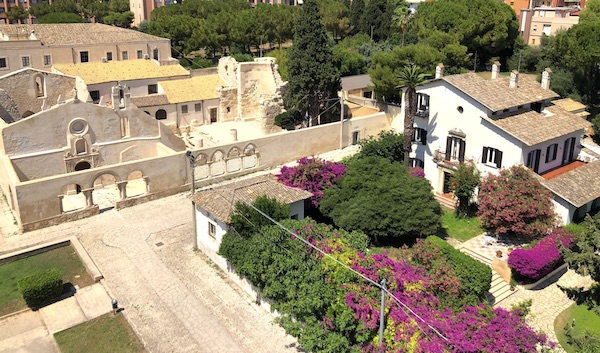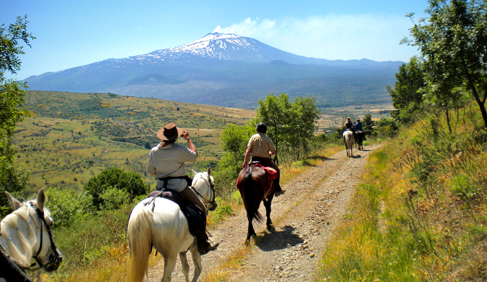
The myth of Arethusa and Alpheus

Myths of Syracuse: Arethusa and Alpheus
“… .I am not looking for anything but dissonances Alfeo,
something more than perfection.
…. I seek not a place of childhood,
and following the river under the sea,
just before the mouth of Arethusa,
knotting the broken rope of arrival»
(Salvatore Quasimodo in Following the Alpheus.)
Classical Greece has greatly contributed to the civilization of mankind: Athens was for centuries the center of the world; this is where democracy was born, the philosophy and the art of politics, and wheremonumental and eternal temples were erected in honor of the gods.
In the name of the gods countless bloody wars were fought: in in their hands lay the fate of civilization, thus monuments and epic texts were dedicated to them. The gods have also inspired many legends and myths that still are told and passed down through the generations, with the occassional modifications and a certain level of solemnity.
The city of Syracuse inherits the Greek culture and traditions: one of these beautiful legends is set in the island of Ortigia and narrates the myth of Arethusa and Alpheus.
Arethusa was a singularly beautiful nymph, daughter of Nereus and Doris; she was also the favourite of Diana, goddess of hunting and knowledge.
Arethusa looked so beautiful that all men who set eyes upon her ended up desiring her: it was not long before Alpheus, son of the Ocean god, fell in love with her.
After a hunt Arethusa, moving away from Diana, conceded herself to bath in a river. After a short time, however, the waters began to seethe in a strangely restless manner. This was the work of Alpheus, who was madly in love and decided to become a river so he may find some consolation by wetting the limbs of the nymph and enjoying this way of her body. Afraid of the vortices, the nymph started to leave the water hurriedly; it was at that moment that Alpheus appeared in his human form, coming out of the river; shaking his thick, blonde hair and appearing in all his lustful beauty.
Arethusa tried to run to the river bank, understanding Alpheus’ willingness to make her his own and violate her virginity; he pursued her and began to run too: when the nymph began to get tired of running, in an desperate plea she sought the help of Diana: “Transform me into water as far away as possible from here.”
(Had it happened today, Alpheus would probably have been sued for stalking, accused by the feminist movement and arrested for harassment (!), but the laws of the Greek Gods, alas, were completely different)
Diana welcomed the call of Arethusa and allowed her to hide from Alpheus’ view in a dense fog, she then turned her into a fresh water spring far, far away from Greece (distance were relative in the world know back then): Diana saw in Ortigia the perfect place for her beloved ward.
Alpheus desperate, but not repentant, asked for help to none other than Zeus; the great almighty Zeus, sensitive to loving relationships (have you ever heard about how many children the God of Olympus had scattered around the earth ??), allowed him to become a river and to be closer to his beloved. Alpheus had to build a culvert connecting the Peloponnese to the south of Italy and following along the whole Ionian coast, he emerged in the Great Harbour of Syracuse, right next to his beloved (who could not find peace…).
This legend is so ingrained in the culture and history of Syracuse that citizens have taken the nickname “aretusei” and all now wear it with pride.
The depiction of Arethusa was present on all coins of Syracuse in the fifth century BC, in which the image of the nymph was crowned with dolphins.
The nymph was also depicted in the banknotes of 500 pounds of the Italian state in 1966.
Today the name “Arethusa Fountain” refers to a fresh water source in Ortigia. Its origin is one of the outlets of the water table which is located in Syracuse, the aquifer that also supplies the river Ciane on the opposite side of the harbor. Now it is a place of historical and touristic interest, thanks to the peculiarities of the source of fresh water on the shore of the sea, the presence of bushy papyrus and funny ducks wallowing and gorging with tourists sandwiches.
The myth of Arethusa and Alpheus is told by all the Syracusans with immense pride; each time it is handed down, the story undergoes small variations, each of which is worth listening to.

















